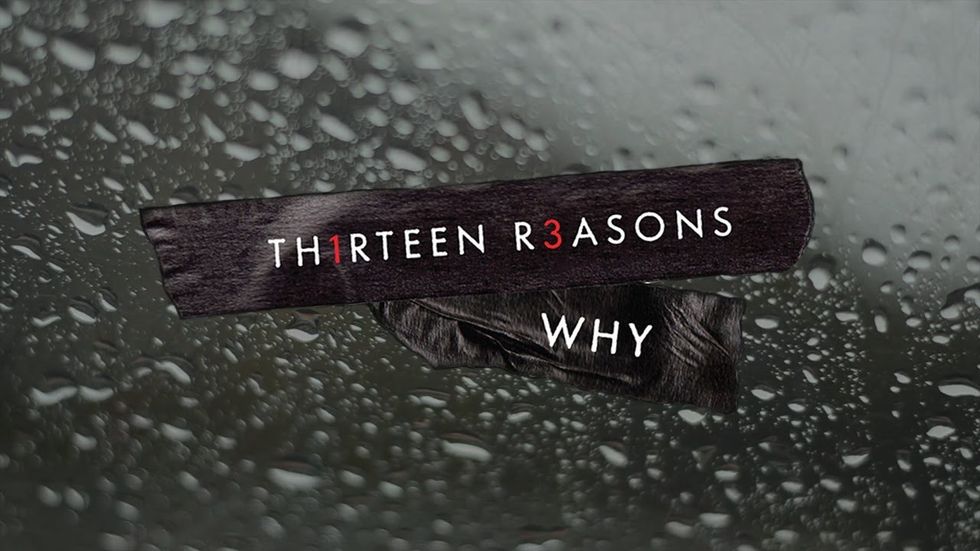Thirteen Reasons Why is an American Netflix-Original TV Show based on the book by Jay Asher. It was released in early 2017 and it received both critical acclaim and also plenty of controversy after its release. The story follows a teenage boy named Clay Jensen as he unravels the mystery behind the suicide of a girl named Hannah Baker, who left behind a series of cassette tapes that each give clues to why she killed herself.
The show initially received positive reviews, but as the show grew more and more successful, counselors and school advisors had begun to stir up controversy about the show. Essentially, people who are against the show claim that it romanticizes the topic of suicide and that particular scenes may be triggering to some viewers. I’ve also heard people claim that the show inaccurately depicts mental illness and suicide and that Hannah Baker’s death was very cruel and selfish on her part.
All of this controversy is just another example of society sweeping the topics of suicide and mental illness under the rug to avoid ever having to talk about it. Schools across the United States began banning conversations about the show and this is honestly devastating.
Thirteen Reasons Why is one of the first shows in several years to open the discussion about suicide and mental illness, and for authoritative figures to claim the show is “romanticizing suicide” is a shame in my opinion. We need to be having these discussions about topics that might make us uncomfortable. Talking openly about suicide and depression is so important and it could potentially help those who are struggling and looking for help.
Now, let’s cut the bullshit: suicide is real. People will get blamed, people will get hurt, people will lose loved ones, and some mysteries will be forever unanswered. The real reason Thirteen Reasons Why created such a controversy is simply because people are afraid. Society is terrified when it comes to uncomfortable situations.
I also heard a few claims that Hannah Baker’s character was an unrealistic portrayal of mental illness, which is ridiculous because mental illness projects itself in many different ways. Just because Hannah Baker doesn’t live up to your standard of “mentally ill” doesn’t mean she wasn’t suffering. I see the same thing happen every day in real life. From “you’re just being dramatic” to “there are people who have it way worse than you do” to “you’re just being a teenager.” All of these statements are just a few examples of (like I said) people sweeping mental illness under the rug because they’re too afraid to talk about it.
When it comes to “romanticizing” the TV show, I think we can all agree that watching a suicidal teen girl slit her wrists in a bathtub is not what most of us would consider “romantic.” I remember feeling uncomfortable, disturbed, and saddened, and that’s what you’re supposed to feel. Like most shows, there is bound to be some romance stitched in with the plot, so Clay and Hannah’s could-have-been love story is simply not connected to Hannah’s mental illness or suicide. She knew that love from a boy wasn’t even enough to save her.
You know what story literally romanticizes suicide and is taught in almost every high school? Romeo and Juliet. People praise it as a tragic tale of two star-crossed lovers who both take their own lives as a symbol of true love, but in my eyes, it’s pathetic. Suicide is nothing to be romanticized, but it’s being taught that way in schools that have Romeo and Juliet on their syllabus.
The most absurd comment about them all is that Hannah Baker’s suicide was “selfish”, and I hear this “ideology” from some of the most ignorant and uneducated people. Suicide is not a selfish act. It’s a decision made out of desperation and hopelessness. It’s an all-consuming feeling that blocks out all other thoughts.
In my opinion, Thirteen Reasons Why was a fantastic show that showed the deteriorating life of a teenage girl and her downfall into suicide. It opens up a conversation about mental illness and suicide that could potentially make a difference in the lives of today’s millennials.
















